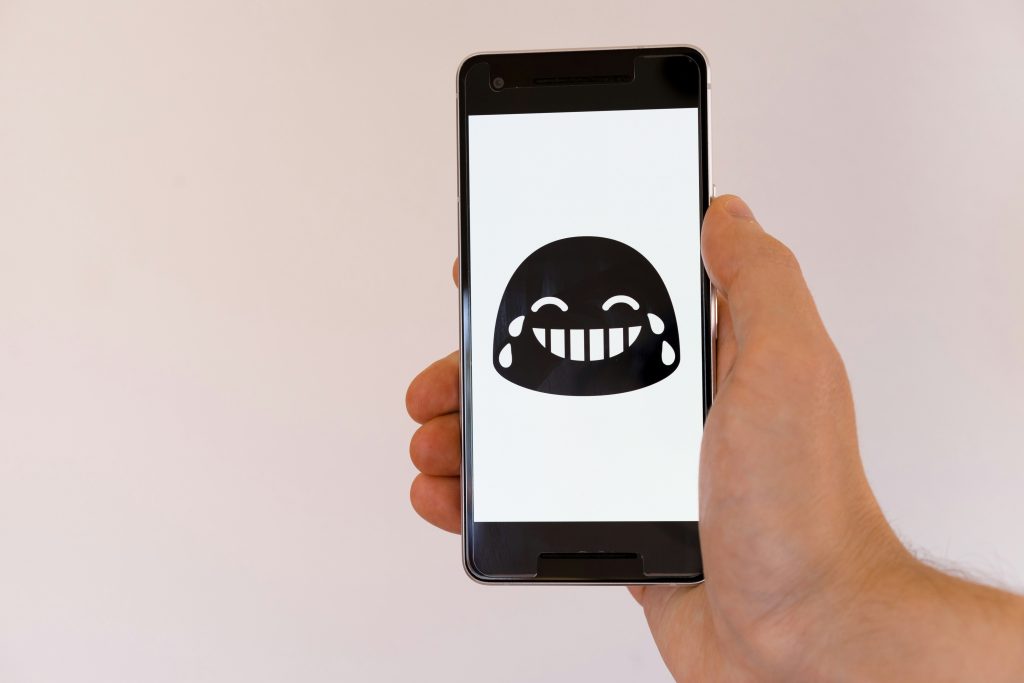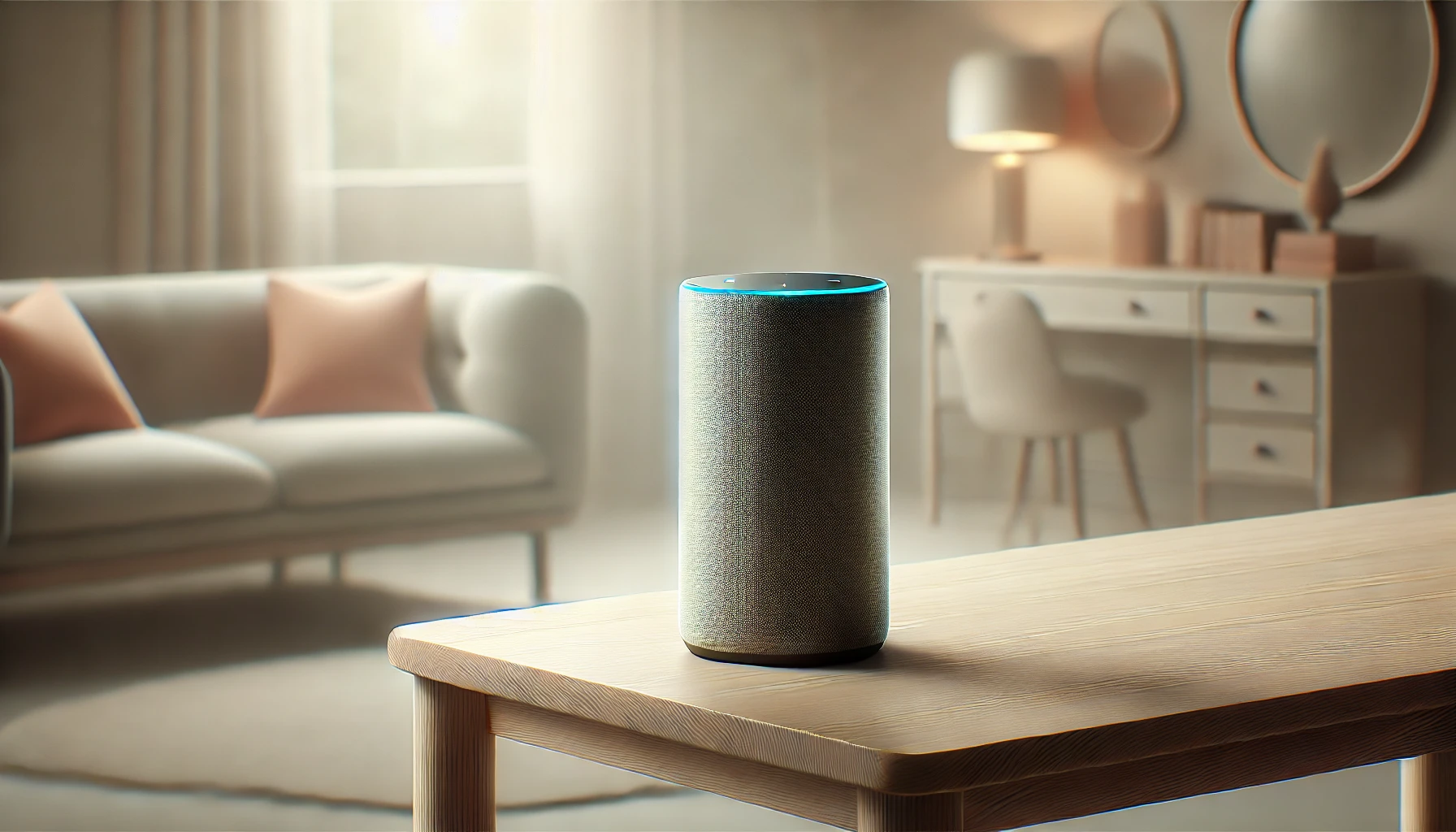Table of Contents
Want to make your next marketing campaign a hit? Try adding a dose of humor — it just might be the key to winning over your audience and boosting your brand’s visibility.
With countless brands vying for attention, getting your audience to notice you is one of marketing’s greatest challenges. A proven method for cutting through the noise is the use of humor. Done right, humor can humanize your brand, create memorable interactions, and foster a deep connection with your target audience. Here’s how to effectively integrate humor into your marketing campaigns and why it can be a game-changer for your business.
Why Humor Works in Marketing Campaigns
Humor has universal appeal and evokes positive emotions. According to studies, content that makes people laugh is more likely to be shared, engaged with, and remembered. Here’s why humor can work wonders in your marketing strategy:
Creates an Emotional Connection
Humor engages the audience emotionally. When people associate positive feelings with your brand, they are more likely to remember it and build a sense of trust and loyalty. Laughter triggers endorphins and can foster an emotional bond that conventional ads might not achieve.
Boosts Shareability
Funny content is highly shareable. A study by Ipsos revealed that 43% of people share content that they find humorous. This natural tendency to share can lead to organic growth in your brand’s visibility without significant additional investment.
Makes Your Brand Relatable
Injecting humor into your campaigns shows that your brand doesn’t take itself too seriously and understands human experiences. It makes your company more approachable and relatable, allowing consumers to see the human side of your business.
How to Use Humor in Your Marketing Campaigns
The most important step is to understand who your audience is and what type of humor they appreciate. What works for one demographic might fall flat with another. For example, younger audiences may respond well to memes and sarcasm, while older audiences may prefer gentle humor.
Humor should align with your brand’s voice and message. Forced or out-of-character humor can come across as insincere and damage your reputation. For instance, if your brand is known for being serious and professional, consider using light-hearted humor that enhances your credibility rather than undermines it.
Capitalizing on trending topics and events can make your humorous marketing timely and relatable. However, be cautious when addressing current events to avoid appearing insensitive or tone-deaf.
Use a Variety of Formats
There are different ways to infuse humor into your campaigns. Here are some popular approaches:
Wordplay and Puns: Clever wordplay can be an effective and inexpensive way to add humor. Think of witty headlines or humorous taglines that make people pause and smile.
Anecdotal Humor: Sharing funny customer stories or relatable anecdotes can strike a chord with your audience.
Self-Deprecation: Acknowledging your brand’s quirks or flaws in a humorous way can make your business more relatable. The Dollar Shave Club is a prime example of a brand that leveraged self-deprecating humor to build a loyal following.
Utilize Social Media
Social media is a playground for humor. Brands like Wendy’s have mastered the art of engaging with users using witty and playful banter, setting an example for how to keep content fun while staying on-brand.
Memes have become an integral part of modern internet culture, and using them in your marketing campaigns can add a relatable, humorous touch that resonates with your audience. Memes are versatile, easy to share, and can convey your brand message in a playful way that aligns with current trends. The key to successfully using memes is to stay relevant and understand the humor style that appeals to your target demographic.
Brands around the world have capitalized on meme culture to engage with followers and increase social media interaction, demonstrating that memes, when done right, can boost visibility and create a buzz around your brand.
On another note, always ensure that your humor is inclusive and does not alienate or offend any group. Test your campaigns with diverse focus groups to make sure that humor resonates positively across different demographics.
UNHAPPY HOUR
— Wendy’s (@Wendys) August 19, 2024
Examples of Successful Humorous Marketing Campaigns
Old Spice – “The Man Your Man Could Smell Like”
Old Spice revamped its image with a series of humorous and surreal ads that became viral hits. These ads combined absurd scenarios with relatable themes, making them highly memorable and shareable.
Dollar Shave Club – Launch Video
The Dollar Shave Club’s launch video featured the CEO delivering a deadpan, tongue-in-cheek monologue while walking through the company warehouse. The straightforward humor made the ad relatable, showcasing the brand’s quirky personality and setting them apart from competitors.
Spotify – Year-End Wrapped Campaign
Spotify’s Wrapped campaign humorously summarizes users’ listening habits, adding witty commentary that pokes fun at their most-played songs and genres. This personalized humor creates anticipation among users and generates massive social media shares each year.
Why Your Business Should Consider Using Humor in Marketing Campaigns
Increases Brand Recall
Humor has been proven to improve memory retention. People are more likely to recall a funny ad compared to a conventional one, which helps keep your brand top-of-mind.
Enhances Engagement
Humorous content tends to attract more interactions, whether it’s likes, shares, or comments. This boosts your online presence and increases the chances of your campaign going viral.
Humanizes Your Brand
Injecting humor into your marketing strategy gives your brand a personality, making it more relatable to customers. This can be especially important for smaller businesses trying to stand out in a crowded market.
How to Use Humor in your Marketing Campaigns: Final Thoughts
Using humor in marketing is a powerful tool that can set your brand apart and make your messaging more memorable. However, it’s essential to stay true to your brand’s voice, understand your audience, and be mindful of the context.
When done correctly, humor can create lasting emotional connections, encourage engagement, and ultimately drive success for your marketing campaigns.
Want to know how we can help your business? Let’s talk!





